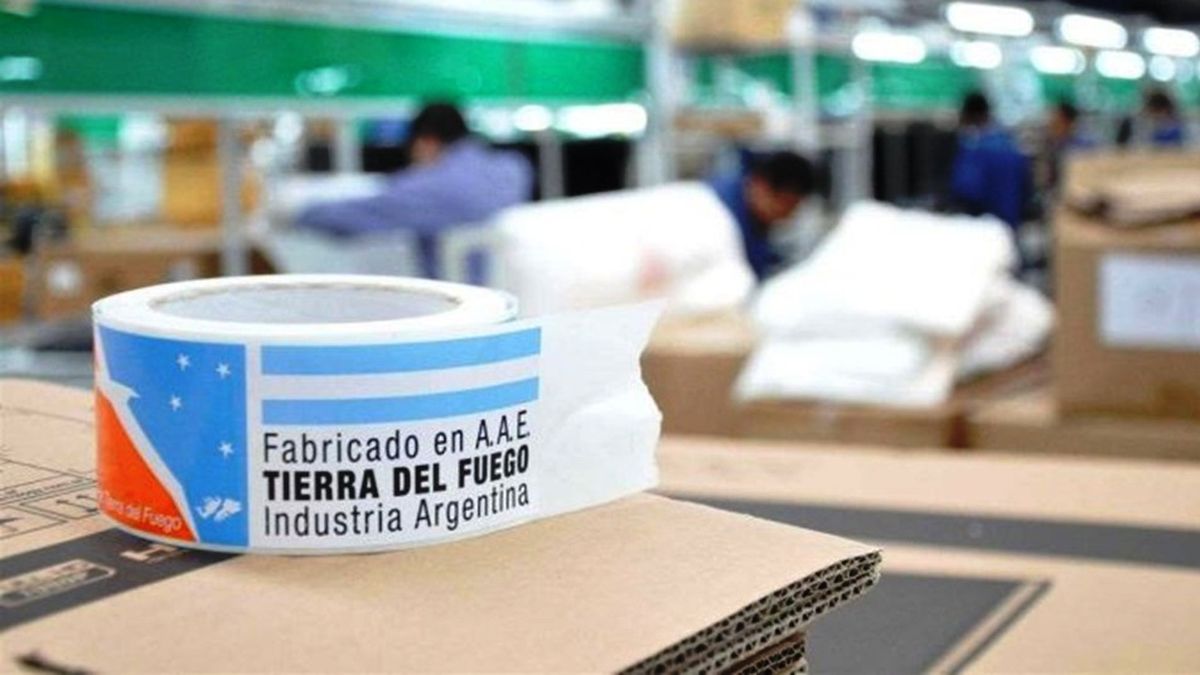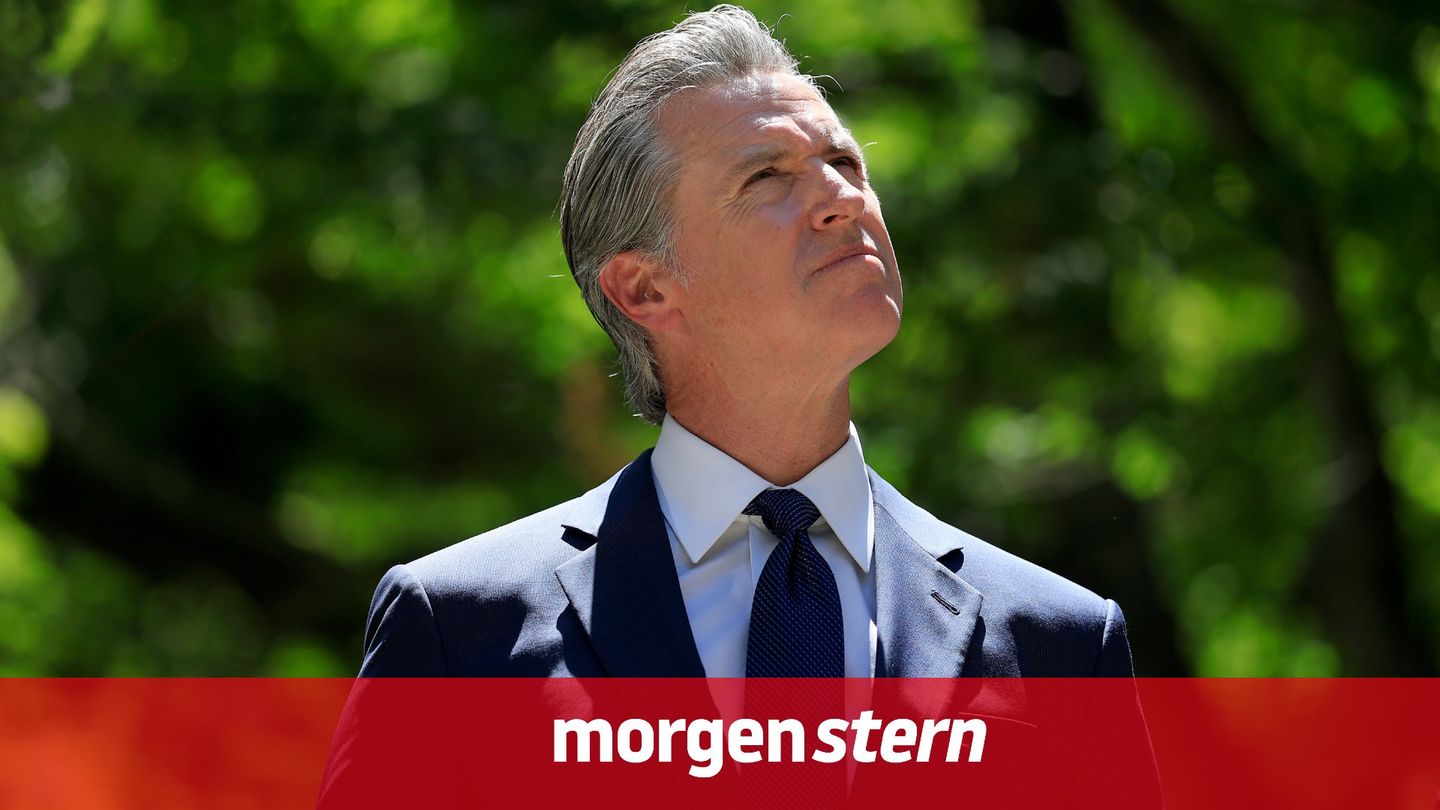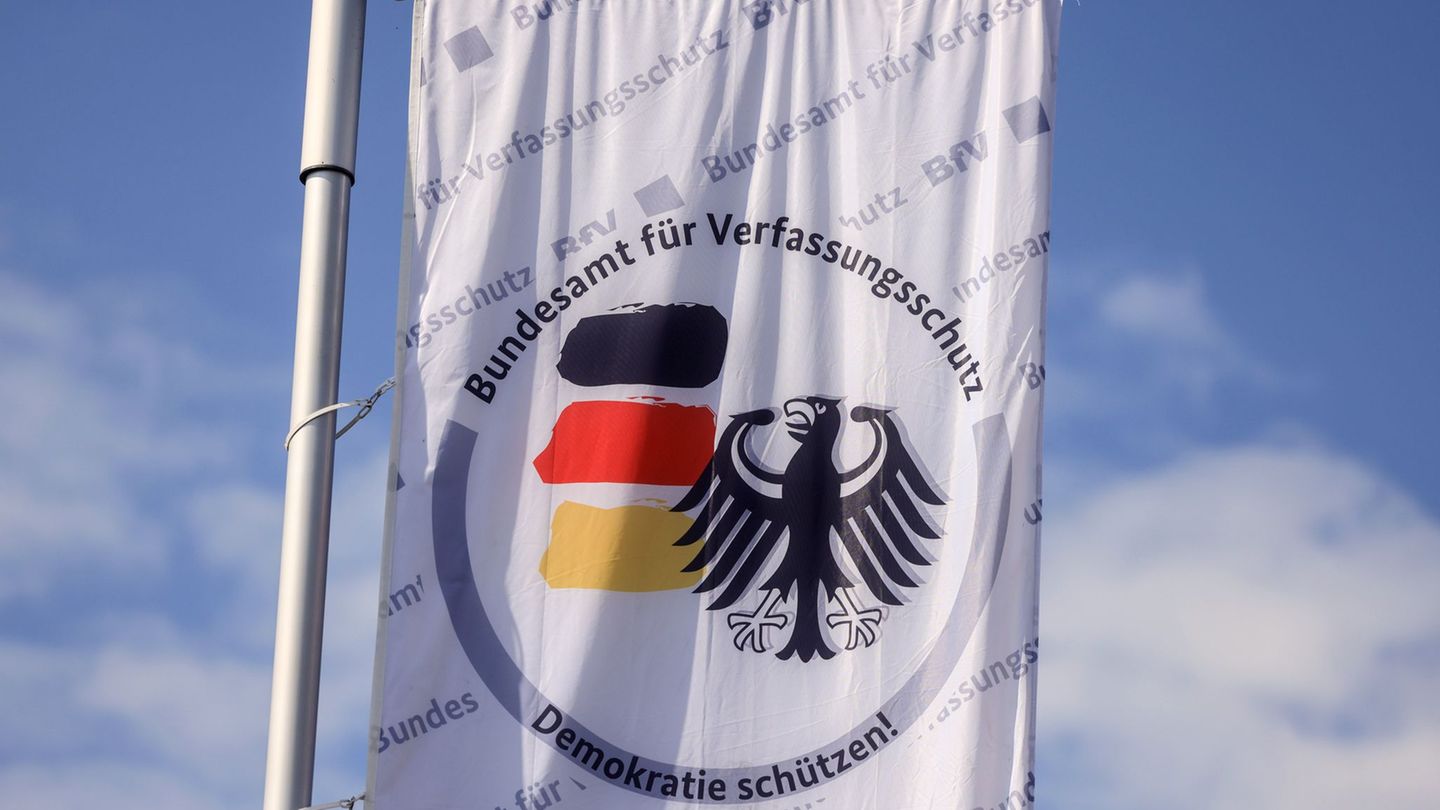In that document, Economy makes a special mention of the economic promotion regime of Tierra del Fuego, which will imply that the State will stop collecting $519,720 million next year. In the comments, he says: “Regime in force since the 70s, with the main objective of promoting the increase of the population on the island. Review of the associated current public policy, and possible gradual reduction of the benefit”.
As this newspaper was able to find out from official sources, beyond the recommendation that Economy made to Congress, Massa’s team is studying some change in the regime. “Some touch is going to be given, such as collecting internal taxes,” commented a source from the small table of Massa.
Other promotion schemes, like that of the knowledge economy, cost the State $53,036 million. In the case of Tierra del Fuego, tax expenditure is ten times higher because it has: VAT exemption for purchases and sales, exemption from income tax and import duties, and the reduced rate of internal taxes on electronic products.
From the business sector they told Ámbito that the mention made by Economy in the budget “surprised”, although in principle there was no alarm, since it is usual for there to be rumors about changes in the regime. “Many times things like this are put in the budget and nothing concrete is ever left. It is surprising that they want to make changes after the government extended the benefit for 30 years last year,” they told a company. At the moment, they did not have any dialogue on the subject with the Economy or with Congress.
These days, it will be the turn of the Secretary of Industry, in charge of José de Mendiguren, to use the pen to close a legal procedure that is missing from that extension, which is the adhesion of the companies to go from the previous one to the new one. Between the changes of ministers and the unification of ministries, he had been lost in legal matters. In addition, from the sector they assure that, if there are changes, they will take place at a time when there is less economic activity, after having reached high post-pandemic levels.
As this newspaper learned, any tax change is attribution of Congress. Nevertheless, what the Executive can modify by decree is the reduced rate of internal taxes on electronic products, something that the previous government of Mauricio Macri already did. It happens that since 2021, electronic products pay a tax of 17%, while if they are manufactured in Tierra del Fuego, it is 6.5%. This differential will cost the State in 2023 $102,941 million, 0.07% of GDP. Comparing it or reducing the difference with products imported or made in other provinces implies reducing tax expenditure from accounting.
Promotion of the knowledge economy
In the case of the knowledge economy promotion regime, the secretary of the area, Ariel Sujarchuk, assured that there will be no changes. “It is not going to be questioned, on the contrary, there is an increase,” he stated before the Ámbito consultation. Currently, there are 500 companies adhering to the economic benefits provided by the law, and they will seek that by 2023 they can double or even triple the amount.
“The sector has to know very well that Massa is interested in the subject,” Sujarchuk assured in front of businessmen, during the announcement of the stimuli for the sector, which will have greater flexibility in the stocks in the event that they invest or increase exports. , which became known as the “techno dollar”.
In any case, in Economy they are preparing for a complaint that will come from the side of the companies. Currently, freelancers who export can liquidate up to US$1,000 per month, or US$12,000 in the year, a benefit that was established by the management of former Minister Martín Guzmán, and to which very few professionals adhered. Now, they will seek to raise that amount to US$30,000 per year through a new “tech monotax”, so that these revenues go to reserves, and do not enter through informality. As this newspaper learned, “companies are bothered” because they think they will lose jobs that will go to work abroad independently. But in the Government they assure that in this way something that already happens in practice will be “whitened”, and they will show the numbers that it does not harm the companies.
Source: Ambito
David William is a talented author who has made a name for himself in the world of writing. He is a professional author who writes on a wide range of topics, from general interest to opinion news. David is currently working as a writer at 24 hours worlds where he brings his unique perspective and in-depth research to his articles, making them both informative and engaging.




